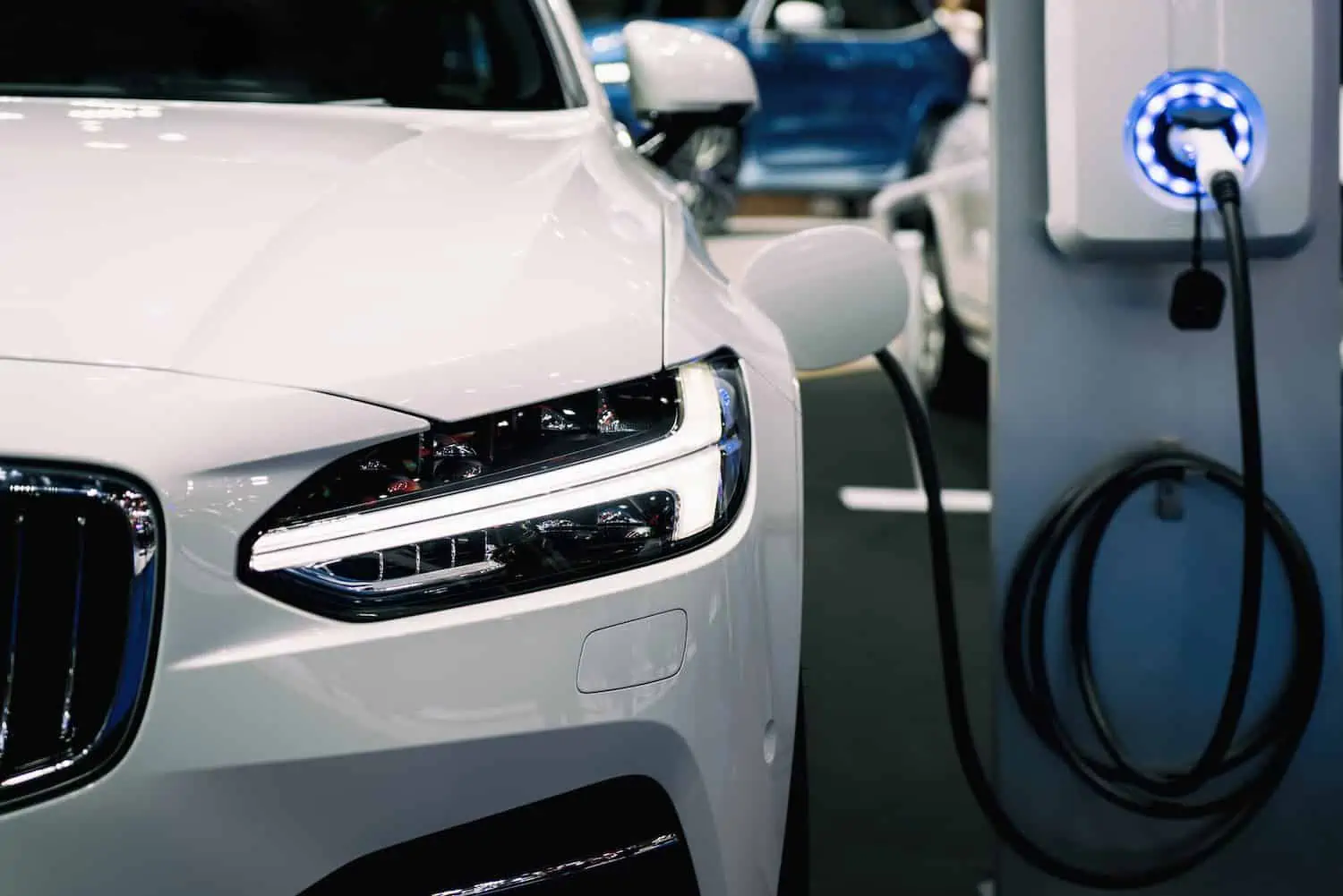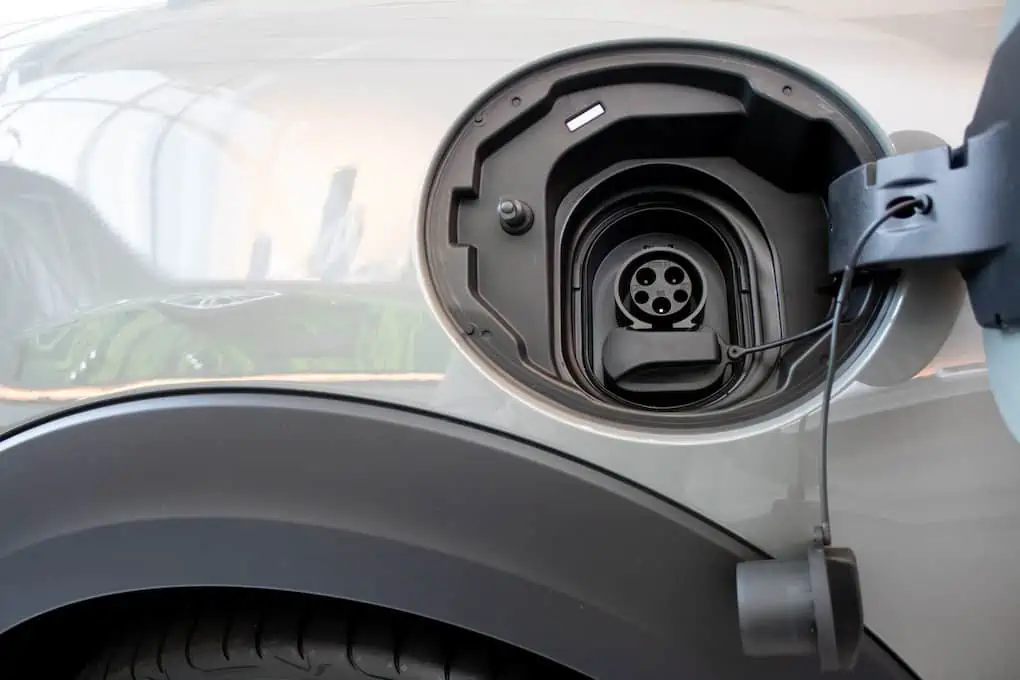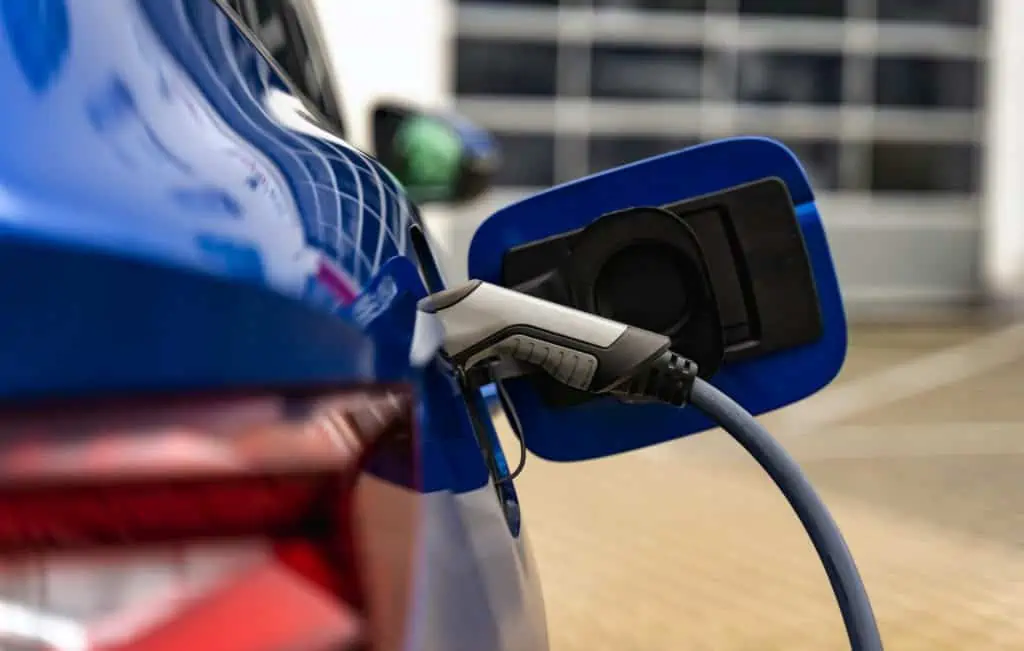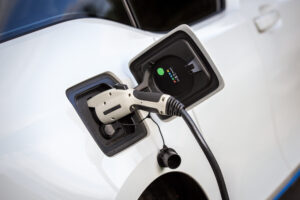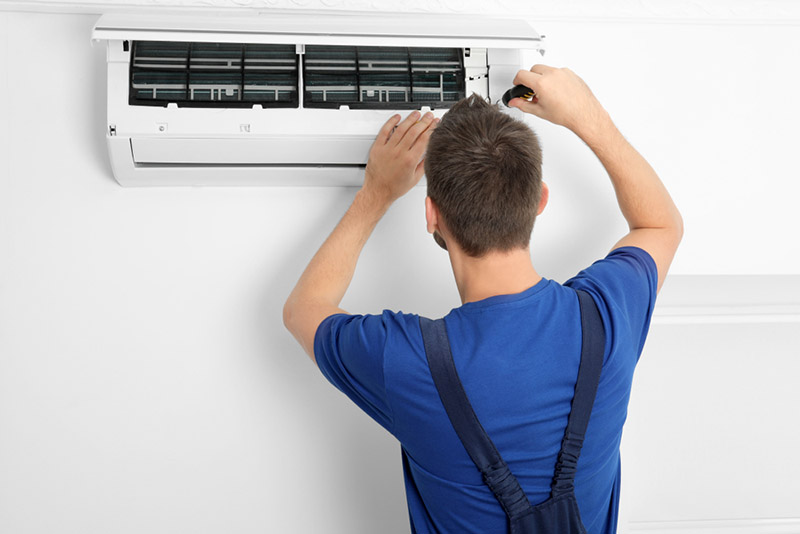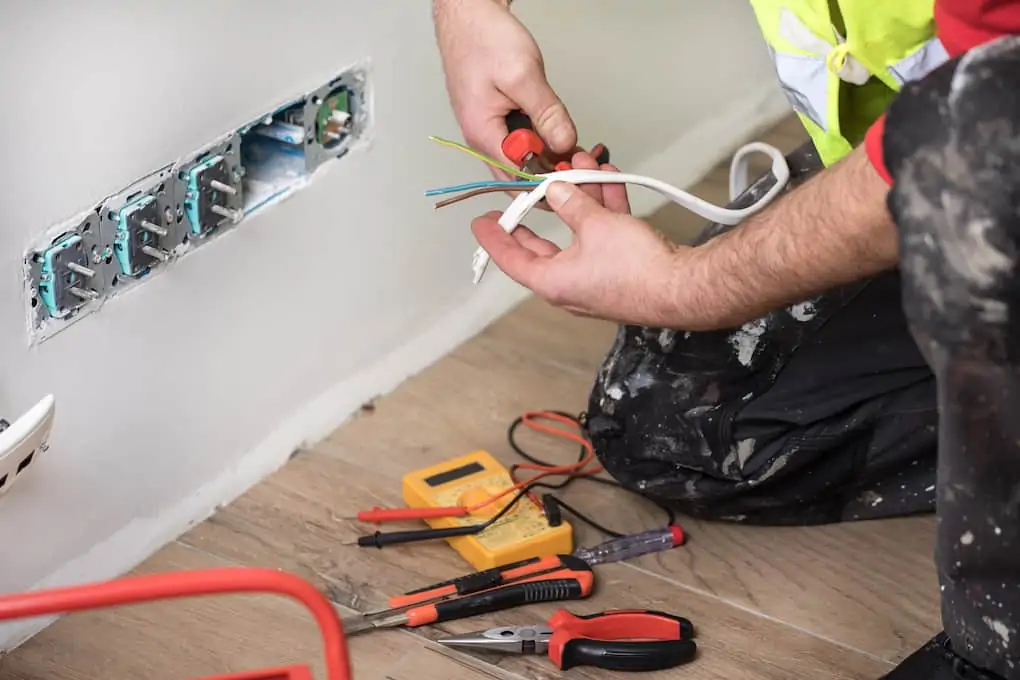Charging an electric vehicle is not as easy as plugging it into an outlet. It’s much more complex, and there are various types of chargers plus different charging levels. Suppose you are considering purchasing an electric vehicle. In that case, it’s vital to know what sort of charging level you’ll need and any additional electrical work before you bring your new car home. In short, the EV charging levels are:
-
Level 1 (slowest)
-
Level 2 (standard/mid-range)
-
Level 3 (fastest)
We’ll dive deeper into what that means and what you need to do to be able to charge at each level at home.
Level 1 EV Charging (Standard 120v)
Level one charging is the slowest form of EV charging, but it’s also the easiest and most common. This level uses a standard 120v outlet in your home like you would use for a toaster or lamp. This charger will take about 20 hours to fully charge an electric vehicle battery.
Benefits of Level 1 Chargers:
-
Don’t require additional electrical work
-
Ideal for hybrids and people who drive less
-
Come with your vehicle
Level 1 chargers are pretty standard and ideal for people who can leave their car plugged in for many hours because they don’t drive much. But for people with long commutes or busy lives, they may want to upgrade to a Level 2 EV charger.
Level 2 EV Charging (Enhanced 240v)
Level 2 is twice as powerful as Level 1—using a 240v outlet. Most homes will have at least one 240v outlet to power stronger appliances like washers and dryers. Getting a 240v charger into an accessible location for your vehicle would require some electrical work, but it’s nothing out of the ordinary.
Benefits of Level 2 Chargers:
-
Quicker charging time (about half the time of Level 1)
-
Can charge more than one electric vehicle at a time
-
Greater ROI than Level 1
This boost in voltage can offer 3 to 15 times more charging speed than Level 1 chargers. So most people who need to drive their EV every single day will upgrade to a Level 2 charger. More often than not, these are the wall-mounted types of chargers that can be installed for $1,000-$2,000, depending on how much electrical work is needed.
Level 3 EV Charging, a.k.a DC Fast Charging
Level 3 charging is the fastest way to charge your electric vehicle battery, but it requires a specialized charger. This type of charger is not as common as Levels one and two but can be found in public places like at Tesla’s Superchargers or local dealerships.
Benefits of Level 3 Chargers:
-
Perfect for road trips
-
No waiting around for a full charge
-
Can charge more than one electric vehicle at a time
This level delivers 480 volts of electricity, bringing an electric vehicle battery from 0% to 80% charge in as little as 30 minutes. This is great for people who need a quick top-off while they’re out and about, but it’s not feasible to use this type of charging all the time because of where you would find these chargers.
How Much Does Each Level Charger Cost?
Whether you’re charging at home or on the road, there will be some costs associated with charging your electric vehicle.
Costs of Charging at Home
Level 1 chargers are pretty much solely used for residential charging. And because they don’t often require extensive electrical work to be done to install, you’ll mostly see the costs show up on your monthly energy bill.
How long and how often you charge your vehicle can sway the cost quite a bit, but for the most part, you can expect to spend about $30-$40 per month on electricity to charge your car. The average cost of an overnight charge for an electric vehicle is around $1.33.
Level 2 chargers offer a much quicker charge time and can be used for residential or commercial charging, but the installation costs are often higher. You should expect to spend anywhere from $500-$2000 on electrical work and the charger itself to have this type of charger installed in your home.
And they will cost more to get a full charge ($6.00-$10.00), so you can expect a little higher cost per charge, but you’ll have more efficient charges, so it shouldn’t spike your electrical bills too much.
Costs of Charging at Public EV Chargers
Both level 2 and level 3 chargers are often used for public charging stations. However, the costs of them can vary.
There are two ways drivers can be charged at public charging stations: by kWh (kilowatts per hour) or by the minute. Per kWh would only charge people for the actual electrical charge sent to the vehicle. While charging per minute can be an efficient way of charging, and may cause someone to pay too much.
However, to set standard precedence, charging by the kWh is actually illegal in some states that allow only utility companies to charge for electricity. This means stations charging by the kWh would fall under that jurisdiction and must charge just for the use of the station vs. the electricity used.
But for stations that do charge for use, drivers can expect to pay around $0.25/kWh for Level 2 chargers and $0.35/kWh for Level 3 chargers in the U.S.
Charging Levels for Electric Vehicles: Frequently Asked Questions
This can all be a little confusing and leave electric vehicle drivers left wondering which charger they need to use at home vs. on the road and other important questions.
Q: Which connector types go with which charging level ports?
A: There are a few connector types: wall plugs and connector ports. The most common EV plug is the J1772, which comes standard on most electric vehicles. Tesla’s come with an adapter to J1772 outlets. But this only works with L1 and L2 charging level ports.
The CHAdeMO port works for level 3 chargers. Tesla has their own ports that are compatible with its vehicles only. However, Tesla ports can work with other chargers via adapters. And lastly, if your car comes with a standard NEMA wall plug, it will work on most level 1 or 2 chargers.
Q: I use a Level 1 at home; can I use a Level 2 when traveling?
A: If your vehicle is compatible with a level 2 charger, you can use a level 2 charger when traveling. However, it’s essential to know that not all public charging stations offer compatible chargers, so keeping a Level 2 adapter on-hand is always vital.
Q: How can I find nearby charging stations?
A: The best apps for finding nearby electric vehicle chargers include:
-
EVHotels
-
PlugShare
-
ChargePoint
-
ChargeHub
-
EVgo
Q: Can I install a Level 3 charger at home?
A: Installing a level three charger is not practical. It’s expensive and likely won’t yield very good results or return on your investment. A level 2 charger will give you the efficiency and proper charging capabilities you need at home.
Q: How long will it take my car to charge?
A: This depends on the type of charger and your vehicle. Level one chargers offer a slow charge of about 5 miles per hour of charge. Level 2, on the other hand, can charge up to 20-60 miles per hour. This handy chart shows just about every EV and how long it takes to charge: you’re welcome.
Q: Will charging my car too frequently wear out the battery?
A: This is a common misconception. The battery in electric vehicles is specifically designed to be charged frequently without any adverse effects. Most batteries have a charging cycle that should be followed for optimal performance.
Installing the EV Charging Level You Need
Now that you’re more focused on the different charging levels, it’s essential to know which one is best for your needs. If you have an electric vehicle and are looking for a charging station, be sure to check out our Level II Charging Station and call 4Front Energy for professional installation.
We can install or repair any existing wall charger for you or help you get the appropriate voltage to your garage outlets so you can get the best, fastest, and most convenient charging possible.

